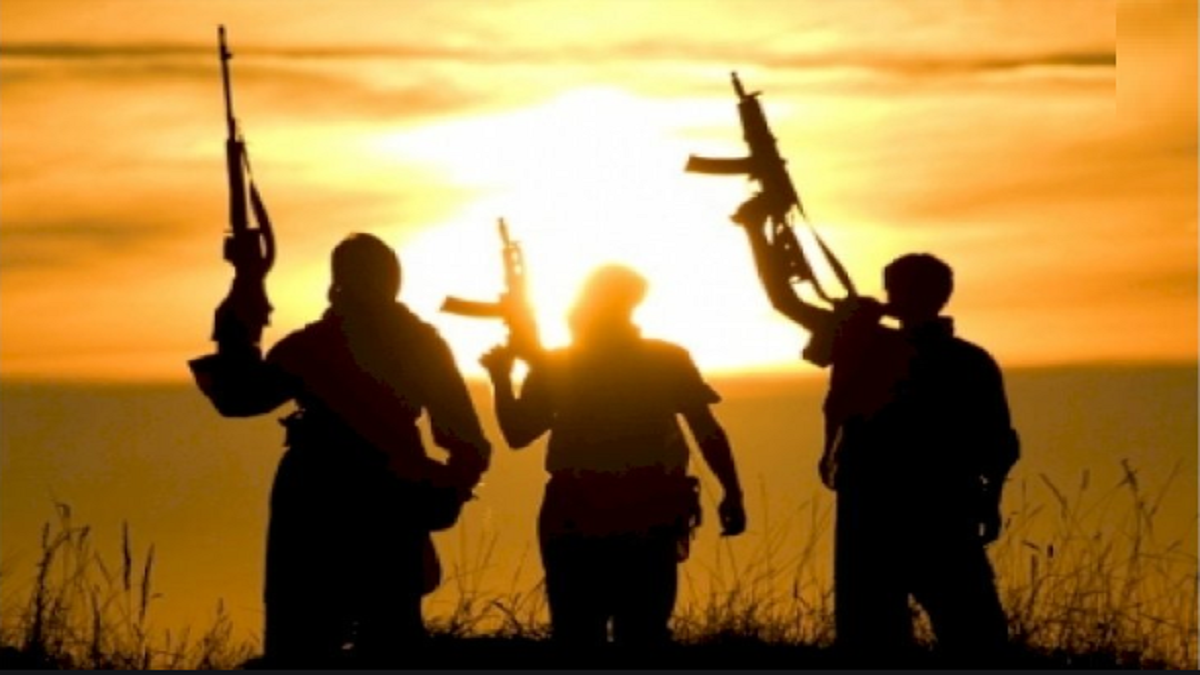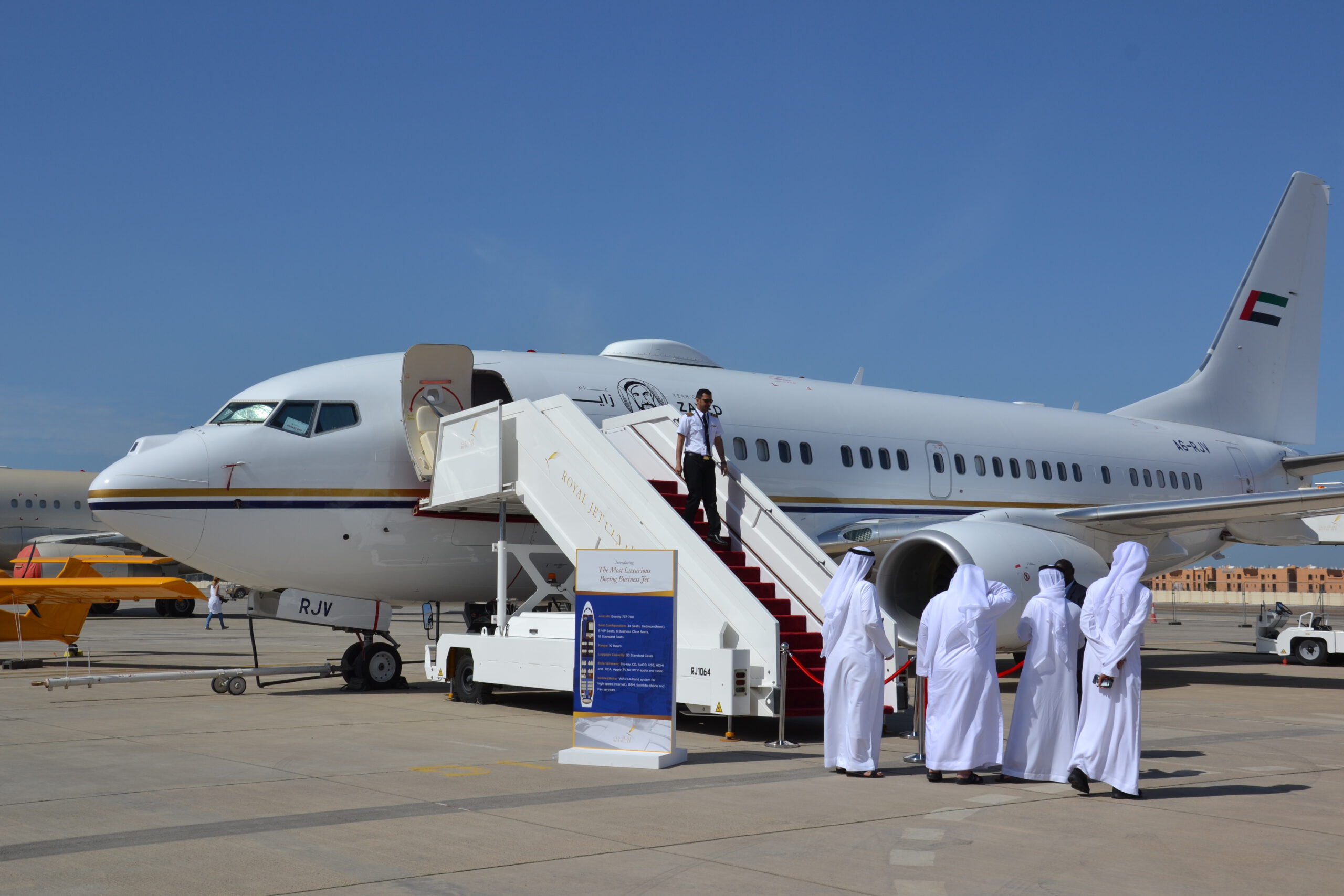
In what has come as a big diplomatic victory for India, the G7 (Group of 7) countries have decided to keep on their radar the terror organisations operating from Pakistan’s soil and active in Afghanistan as well. Sources told The Daily Guardian that the meeting of G7 foreign ministers convened by the UK took a serious note of External Affairs Minister S. Jaishankar’s views on Pakistan, exposing it on the issue of terrorism. The group of seven powerful countries also shared the concern expressed by Jaishankar during his address at UNSC, sources said.
Sources say that ahead of the interaction of foreign ministers of G7 nations, Jaishankar had shared with British Foreign Minister Dominic Raab and US Secretary of State Antony Blinken his feedback on Pakistan’s terror organisations JeM and LeT and also on Haqqani Network operating in Afghanistan. He was even on record in UNSC about how terror outfits like Jaish-e-Mohammad and Lashkar-e-Taiba are active thereby posing threat to regional security.
Top diplomatic sources told TDG that in his meetings, Jaishankar also categorically told Blinken and Raab about how Pakistan is using the funds for terror purposes that it gets as humanitarian aid from western countries. “Pakistan transfers the funds to terror organisations active on its soil as well as in Afghanistan,” both the foreign ministers were told. Sources say Blinken and Raab were reminded of why FATF refused to drop Pakistan from the grey list. “It is because of the global terror watchdog being in possession of evidence about Pakistan’s terror funding,” Blinken and Raag were told.
Sources told TDG that apart from a collective meeting of all the foreign ministers of Group of 7 nations, Blinken and Raab spoke to their counterparts separately during which Jaishankar’s inputs were discussed. As a result, the G7 foreign ministers decided to tighten their grip on all the terrorist organisations in Pakistan and Afghanistan. These countries are the US, Canada, France, Germany, Italy, Japan and the UK. The foreign ministers also discussed the ways to forge an international strategy to address the challenges that the world is facing in Afghanistan.
What India is now keeping an eye on is US President Joe Biden’s address to the heads of the G7 nations. Ahead of this event, Biden has individually spoken to heads of some of these countries. He spoke on the situation in Afghanistan and the role of Pakistan as well. Highly placed sources told TDG that Biden spoke to French President Emmanuel Macron, Germany’s Angela Merkel and UK’s Boris Johnson. India’s concerns about Afghanistan turning into a safe terror haven with the help of Pakistan figured during these interactions. What is also of significance is that Blinken individually spoke with the NATO secretary, international minister of Spain and PM of Albania. All the leaders of G7 have agreed that “the worldwide group’s relationship with Taliban will rely upon their actions not their phrases.”
After his UNSC address, Jaishankar continued his diplomatic engagements even as he spoke to US Secretary of State Antony Blinken again and discussed the chaotic situation in Afghanistan for a second time this week. Both the ministers agreed to continue their close coordination over the matter.
Blinken and Jaishankar last spoke on Monday and discussed the situation in the conflict-torn country. During their call, Jaishankar “underlined the urgency of restoring airport operations in Kabul.” Jaishankar and his British counterpart Dominic Raab on Wednesday exchanged views on Afghanistan developments and the immediate challenges.
In another important engagement, EAM Jaishankar met Sheikh Mohammed bin Abdulrahman Al Thani, Deputy Prime Minister and Foreign Minister of Qatar, during his stop-over in Doha. Jaishankar had “useful exchange of views on Afghanistan”.















